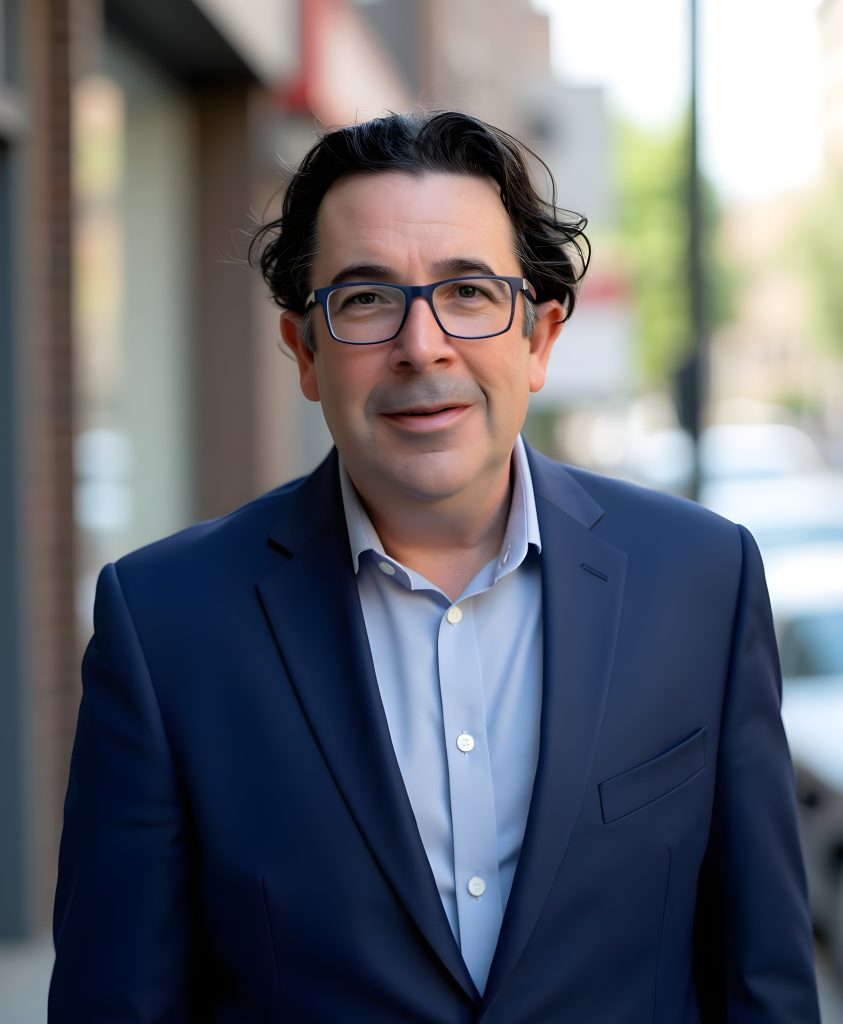Since 1993
My Sentence is Too Harsh. Can I Challenge It in Florida?

We expect our court system to be fair. But every defense attorney understands the immense risk of a jury trial. Nothing can truly prepare a client for a life-altering sentence, and sometimes an innocent person is faced with an impossible choice: take a plea for a crime you didn’t commit, or risk spending the rest of your life in prison.
But what happens when that harsh sentence is based on a judge’s improper reasoning? Can it be challenged? The answer is yes.
Facing a Trial in Orlando? A proper defense involves more than just fighting the evidence; it means protecting the record at every stage, especially sentencing. Call my office to discuss your trial strategy. Call John Guidry: (407) 423-1117
A Cautionary Tale: The Risk of Rejecting a Plea
Early in my career, a friend defended a man accused of pistol-whipping his ex-wife. He insisted he was innocent. The prosecutor’s offer was incredible: plead to a misdemeanor battery for one month of probation. His response? “I’m innocent, I’m not taking a plea. We’re going to trial.”
The jury found him guilty. The judge gave him over 30 years in prison. He is still sitting in prison today for a crime he says he didn’t commit, when he could have had his misdemeanor probation expunged back in 1995. This is the primary risk of rejecting a plea deal: a judge may impose a far harsher sentence after trial.
Challenging an Illegal Sentence: The Case of Charles v. State
Sometimes, however, that harsh sentence is illegal. In Charles v. State, 2016 Fla. App. LEXIS 8186 (Fla. 4th DCA 2016), the defendant was on trial for gang-related activities.
- The Rejected Pleas: The judge twice rejected plea agreements negotiated with the prosecutor, first for 8 years in prison, then for 15.
- The Verdict & Sentence: After a jury found Charles guilty, the judge imposed the maximum possible sentence: 66 years in prison.
- The Judge’s Reversible Error: When sentencing him, the judge stated she was imposing the maximum in part to “send a clear message to everyone who decides to participate in a violent criminal organization.”
The Legal Rule: A Sentence Must Be About the Defendant
A sentence, even if it’s within the legal maximum, can be overturned if the judge bases it on improper factors. Florida law holds that a sentence must be based on factors that “relate to the defendant, his offense, and the victim.”
Using a sentence to “send a message” to the community is called “general deterrence,” and it is not a permissible sentencing factor. The appellate court in Charles held that it was “fundamentally unfair to single out one defendant for especially harsh treatment in order to serve the utilitarian purpose of sending a message to the community.”
Because the judge stated an improper reason on the record, Charles’s 66-year sentence was overturned, and the case was sent to a different judge for resentencing.
John’s Takeaways
- Rejecting a plea offer and going to trial carries an immense risk of receiving a much harsher sentence from the judge.
- A sentence, even if it’s within the legal maximum, can be overturned if the judge based it on improper sentencing factors.
- Using a sentence to “send a message” to the community (general deterrence) is an improper factor in Florida. A sentence must be individualized to the specific defendant and their crime.
- As shown in Charles v. State, when a judge states an improper reason on the record for a harsh sentence, it can be grounds for a successful challenge.
- A skilled trial attorney knows to listen carefully at sentencing to identify these errors and preserve them on the record for a potential post-conviction motion or appeal.
Do the taxpayers even realize how much money these judges are blowing through on sentences that have no proven deterrent effect? I have been fighting for fair sentences for my clients in Orange, Seminole, Osceola, Lake, Brevard, and Volusia County since 1993. If you are facing a trial, you need an attorney who will fight for you at every stage. Give me a call and we can talk about it.

About John Guidry II
John Guidry II is a seasoned criminal defense attorney and founder of the Law Firm of John P. Guidry II, P.A., located in downtown Orlando next to the Orange County Courthouse, where he has practiced for over 30 years. With more than three decades of experience defending clients throughout Central Florida since 1993, Guidry has successfully defended thousands of cases in Orange, Seminole, Osceola, Brevard, Lake, and Volusia counties. He has built a reputation for his strategic approach to criminal defense, focusing on pretrial motions and case dismissals rather than jury trials.
Guidry earned both his Juris Doctorate and Master of Business Administration from St. Louis University in 1993. He is a member of the Florida Bar and the Florida Association of Criminal Defense Lawyers. His practice encompasses the full spectrum of Florida state criminal charges, with a particular emphasis on achieving favorable outcomes through thorough pretrial preparation and motion practice.
Beyond the courtroom, Guidry is a prolific legal educator who has authored over 400 articles on criminal defense topics. He shares his legal expertise through his popular YouTube channel, Instagram, and TikTok accounts, where he has built a substantial following of people eager to learn about the law. His educational content breaks down complex legal concepts into accessible information for the general public.
When not practicing law, Guidry enjoys tennis and pickleball, and loves to travel. Drawing from his background as a former recording studio owner and music video producer in the Orlando area, he brings a creative perspective to his legal practice and continues to apply his passion for video production to his educational content.








